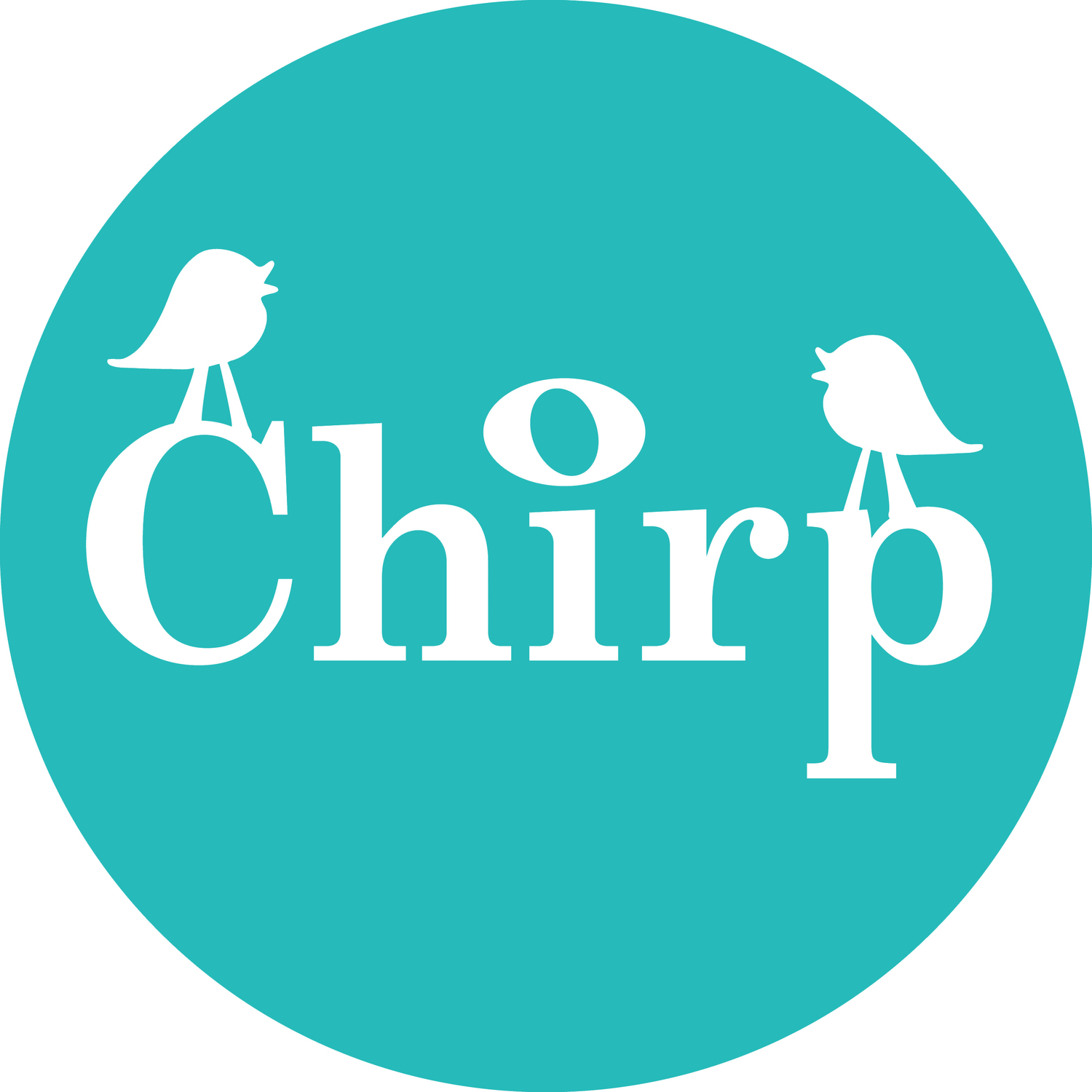It's not a contradiction. We know from experience (and now science) that stories are more effective than facts if you want someone to connect with your message. Storytelling helps engage people in your vision, from one customer to an entire nation. Or at least enough of a nation to swing an election.*
The term 'storytelling' has been bandied about so much it's in danger of not living up to its own myth. (Ah, the irony.) But to me, it's simply a way of harnessing the emotional capital that lies at the heart of what you do, and why it matters.
A compelling story communicates the emotional core of your message. When you hear it, it creates a simulation of reality in your brain. That helps clients and colleagues to act on what they've heard, because they're engaged both intellectually and emotionally. They understand why they should care. And that's a powerful tool.
If you're interested in the neuroscience of storytelling, you might like to read this. And if you're interested in the practice, you might like to come to our Effective Storytelling session on Saturday 22nd October in Central London. No votes, just stories.
*Okay, so Michelle Obama isn't President. But she is a masterful, and vote-winning, storyteller.
Find out how to tell your own compelling stories. Sign up to download our free Chirp Workbook.

![Image by Ali Shaker/VOA [Public domain], via Wikimedia Commons](https://images.squarespace-cdn.com/content/v1/563f8bf2e4b0ff7145098067/1472151695809-JC7V689SLIXUWSML5012/Michelle+Obama+at+the+DNC+July+2016)